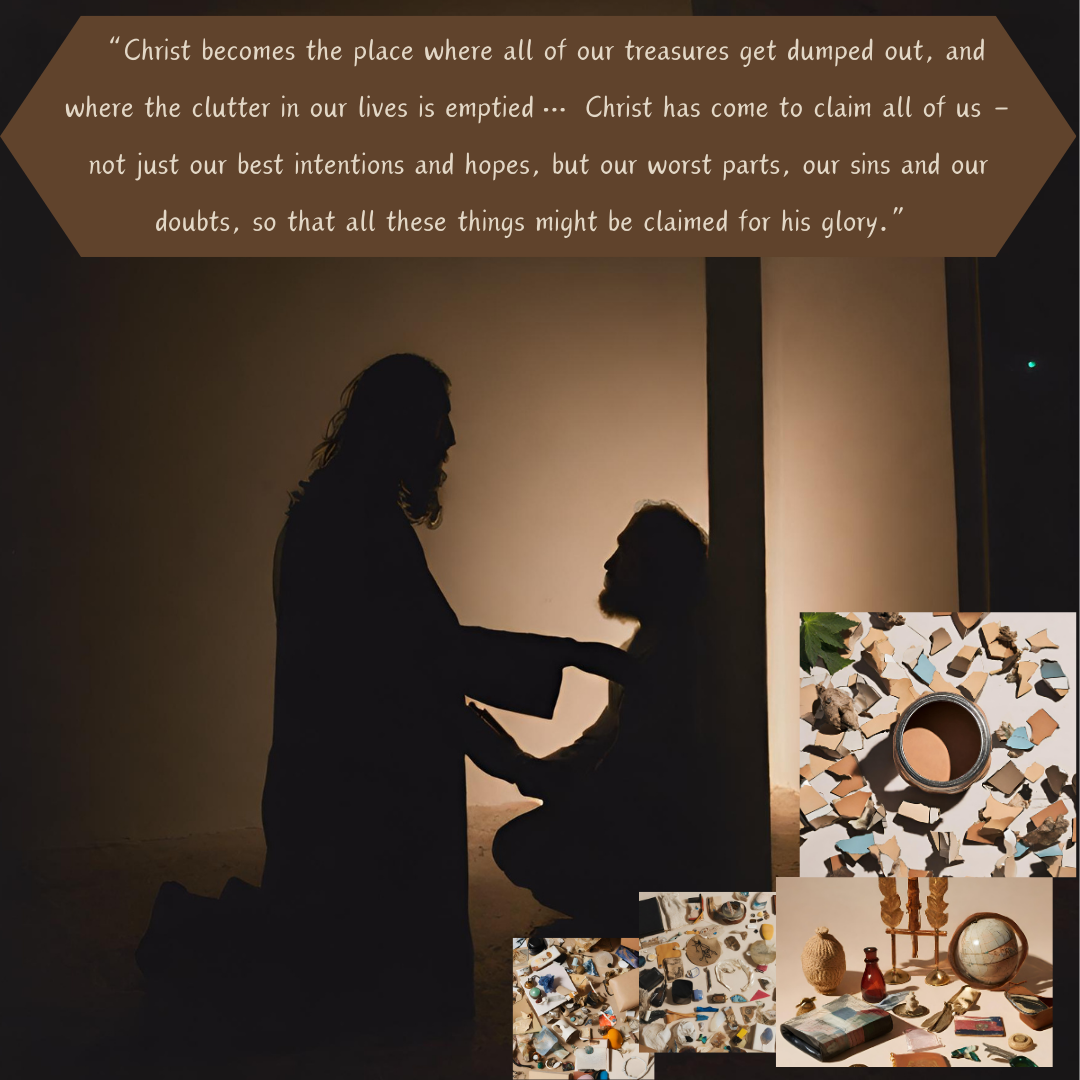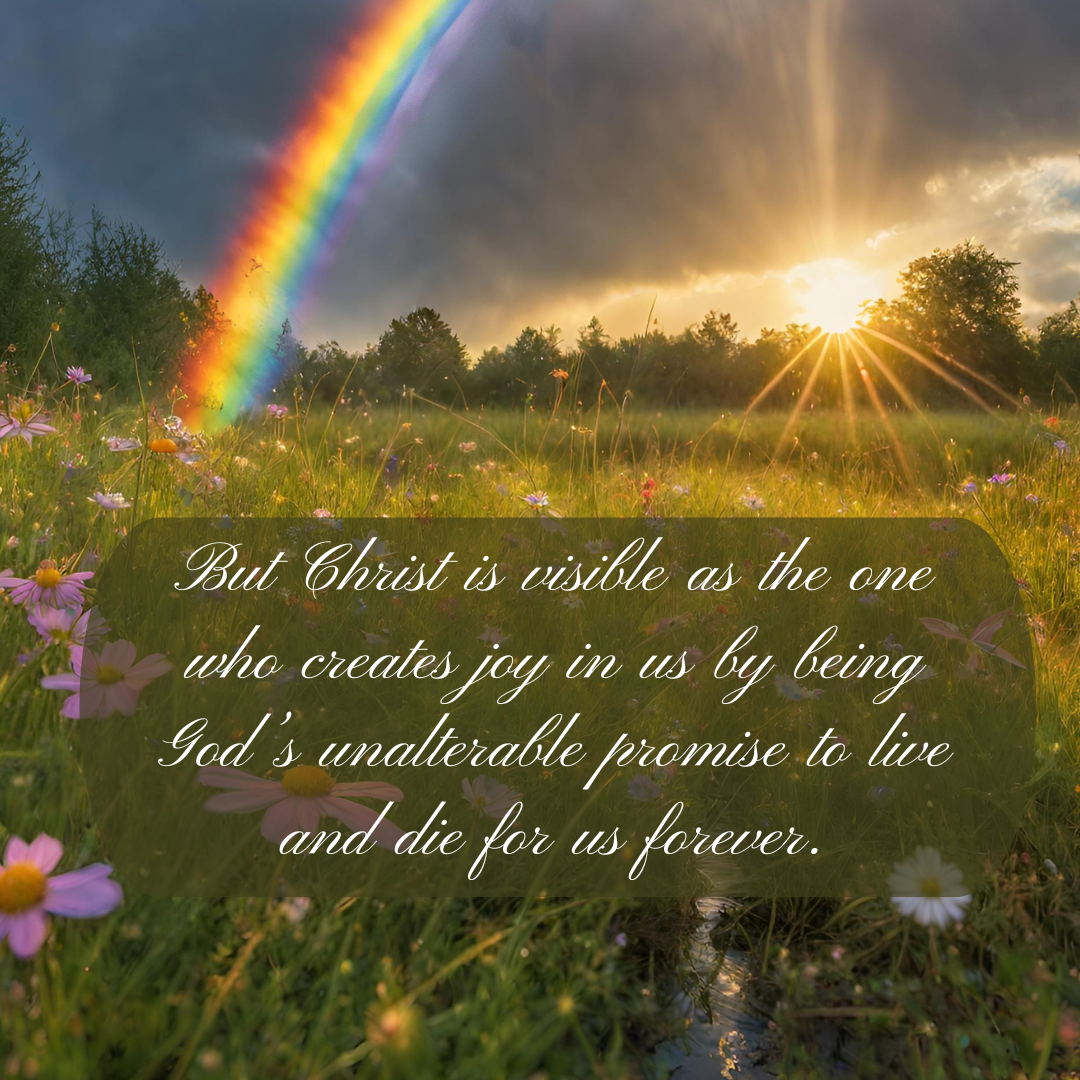Are You Disturbed?
Matthew 2:1-12
Epiphany of Our Lord
Analysis by Matt Metevelis
1In the time of King Herod, after Jesus was born in Bethlehem of Judea, wise men from the East came to Jerusalem, 2asking, “Where is the child who has been born king of the Jews? For we observed his star at its rising, and have come to pay him homage.” 3When King Herod heard this, he was frightened, and all Jerusalem with him; 4and calling together all the chief priests and scribes of the people, he inquired of them where the Messiah was to be born. 5They told him, “In Bethlehem of Judea; for so it has been written by the prophet:
6‘And you, Bethlehem, in the land of Judah,
are by no means least among the rulers of Judah;
for from you shall come a ruler
who is to shepherd my people Israel.’ ”
7Then Herod secretly called for the wise men and learned from them the exact time when the star had appeared. 8Then he sent them to Bethlehem, saying, “Go and search diligently for the child; and when you have found him, bring me word so that I may also go and pay him homage.” 9When they had heard the king, they set out; and there, ahead of them, went the star that they had seen at its rising, until it stopped over the place where the child was. 10When they saw that the star had stopped, they were overwhelmed with joy. 11On entering the house, they saw the child with Mary his mother; and they knelt down and paid him homage. Then, opening their treasure-chests, they offered him gifts of gold, frankincense, and myrrh. 12And having been warned in a dream not to return to Herod, they left for their own country by another road.
NOTE: Many people in our pews may not know the conclusion of this chapter of Matthew’s gospel. Herod takes his fear and disturbance out in an executive order to kill all children under the age of two around Bethlehem. The lectionary for Year A includes Matthew 2:13-18 as the reading for the Second Sunday after Christmas. But it may be an especially appropriate reading for this time when war is tearing apart the Holy Land and so many children have been made into victims. I humbly suggest possibly adding these verses on to the above text and preaching about Christ emerging in a world of child victims. The study will not treat this post-script directly but these times may call for such a sermon.
“Christ becomes the place where all of our treasures get dumped out, and where the clutter in our lives is emptied… Christ has come to claim all of us – not just our best intentions and hopes, but our worst parts, our sins and our doubts, so that all these things might be claimed for his glory.”
DIAGNOSIS – The World Stirred Up
Step 1: Initial Diagnosis (External Problem): Low Visibility Jesus
The Magi do not know where Jesus is. It’s also our problem now. We have spent a season proclaiming that Christ has come into the world. We celebrated his birth with hymns and candlelight. Now the calendars have advanced a year, the tree is dragged out to the curb, and we are sent scurrying into all the flurry and frustration of our lives. What space does Jesus inhabit for us now? What places does he inhabit in the world? It can be hard to see him amidst the churches that are emptying out. It can be hard to hear him in the electronic chorus of anger and activity that surrounds us. It is hard to find the place where he dwells when we look deep into the shambles of our busy and overrun lives. And it is certainly hard to perceive his redemptive work in a world that has been given over to constant warfare, violence, and tragedy. The Magi are seeking Jesus but in entering Jerusalem encounter instead so many of the forces arrayed against him: the keepers of the law, the religious establishment, and a would-be eastern despot named Herod.
Step 2: Advanced Diagnosis (Internal Problem): The Great Disturbance
Herod does not greet the news of Jesus with joy. Nobody in the Herodian family is getting a Christmas card. Instead we are told that Herod is “disturbed.” The Greek word at its root, tarassw, has a terrific range of meaning including “upset”, “confused”, “troubled”, “frightened”, and my favorite, “stirred up.” Herod at the mention of Jesus is “stirred up.” It’s the same feeling you might get if you realize that you’ve left your phone at the self-check-out kiosk at the grocery store, or if your house full of young children is eerily quiet. Bad things are happening. Your sense of security is replaced by a feeling of powerlessness. This is the feeling that the coming of Jesus, the son of God himself, can only produce in a world which wants to do things on its own terms without him.
Herod himself lives in a precarious position as a client-king of the Romans. While himself a Jew he has joined forces to collaborate with invaders. Herod must deliver two things, stability and tax revenue to the Romans, and the illusory sense of regional autonomy to his fellow Jews. Herod’s authority is stretched between these two worlds in a way that makes him sensitive to every single threat against it. The coming of a true king who outranks Rome, and a true shepherd who will be immediately accepted by the people is too much for him. Like so many of us Herod is forced to rely on his own sense of self-sufficiency, his power, and the adulation around him. The coming of Jesus as lord means that we are not lords. Herod’s deep disturbance is the revelation of this deep truth. It’s not unlike a telling scene in House of Cards where a preacher tells President Frank Underwood, a modern Herod, indicating the cross, “He was chosen, you were not.”
Step 3: Final Diagnosis (Eternal Problem): God Stirs Us Up
It’s very easy to look down from below at Herod’s great disturbance at the coming of Jesus and imagine that we are immune as well. Churchy folks like to cover themselves with cliché’s about “afflicting the comfortable” or imagine that the power of Jesus is restricted to the mighty. But Christ is coming to claim the entire world. That includes us too. We are all constantly being stirred up by the arrival of Christ. When we look at our lives and say “good enough” Christ calls us to give more for our neighbors. When we sit in our own private Jerusalem’s of comfort and smug self-satisfaction Christ comes to say, “Fool, your life is being demanded this very hour.” Christ’s coming is meant to stir us up by uprooting us from all those false places we stake our claims to self, and replacing them with his own irrevocable judgment on us. Christ’s claim on Herod’s kingdom is Christ’s claim to our little kingdoms as well. It all belongs to him.
PROGNOSIS: Christ Stirred In
Step 4: Initial Prognosis (Eternal Solution): At His Feet
We can be too tempted to replace Christ’s claim on us with our own claims on him. Christ too easily becomes an adornment on our faith rather than the source of it. Christ gets buried under the slogans of our own ideas and agendas so that we can safely keep him as some distant symbol of love or righteousness. We use our convenient pieties and comforting ideologies to keep him at arms-length and keep ourselves at the center of our own stories.
But Christ is not content to sit in the box where we keep our other treasures. Instead, Christ receives the bounty of the Magi as they pour their gifts out at his feet. He becomes the place where all of our treasures get dumped out, and where the clutter in our lives is emptied. Just as gold, spices, and perfumes are of little use to a baby so too are our self-conceptions before the majesty of Christ. Our lives become defined not in our achievements or the things we’ve bundled up for ourselves but in those dumped out spaces where Christ begins to work. Christ has come to claim all of us – not just our best intentions and hopes, but our worst parts, our sins and our doubts, so that all these things might be claimed for his glory. And this glory is not just Christ come to us but for us.
Step 5: Advanced Prognosis (Internal Solution): Overcome with Joy
In contrast to the terror of Herod is the joy of the Magi. We are told that they were “rejoicing a joy” as the Greek pleonasm has it. Our translation here says accurately, “overjoyed.” This joy is what is waiting on the other side of all the fear, terror, and confusion. And even more importantly is where these joyful feelings sprang up. The Magi did not feel this great joy at the side of the manger or near the infant Jesus. They were delighted as only the most devoted hobbyists can be – at the sight of the star. Once they saw the star, they knew they were close, they saw the sign that pointed them to Christ. What for Herod and all the powerful rulers in Jerusalem was a portent of doom became for them a gleaming beacon of hope. Confirmation that the king had arrived. No matter how many signs surrounded them of the wickedness of the Herod’s of the world once they saw Christ’s sign they could not mistake it.
Step 6: Final Prognosis (External Solution): High Visibility Faith
It is in such signs that Christ is always visible. I recently finished The Blazing World. It’s an extremely engaging account of Stuart England by the Oxford Historian Jonathan Healey. At the end of the book as Healey is reflecting on the changes in English religion from the tumultuous times of the seventeenth century to the relative calm of the eighteenth he wrote in near lament that religion turned to “otherworldly concerns.” No longer was there a revolutionary urge to create a “Godly commonwealth.” But I couldn’t help reflecting on my own about the rise of Methodism and revivalist preaching in the subsequent century. The faith and energy resultant from that had a big part in cleaning up the oppressive poverty of the gin alleys and inspired the eventual abolition of the slave trade in Britain. Jesus changes the world the most from below. Jesus changes the world through lives that are changed in the wild and unpredictable process of hearing the gospel. What for some is a disturbance that they stop their ears up to and run away is for others life that makes them fearless and is shared with others. Christ is not visible as some kingly figure like Herod lording above us. But Christ is visible as the one who creates joy in us by being God’s unalterable promise to live and die for us forever.





You must be logged in to post a comment.